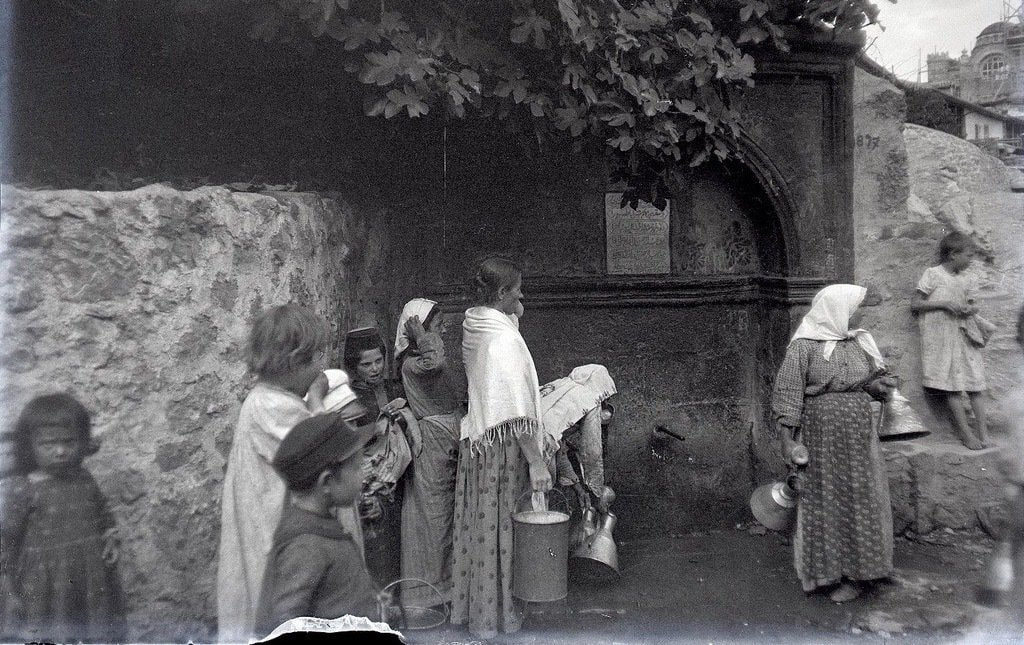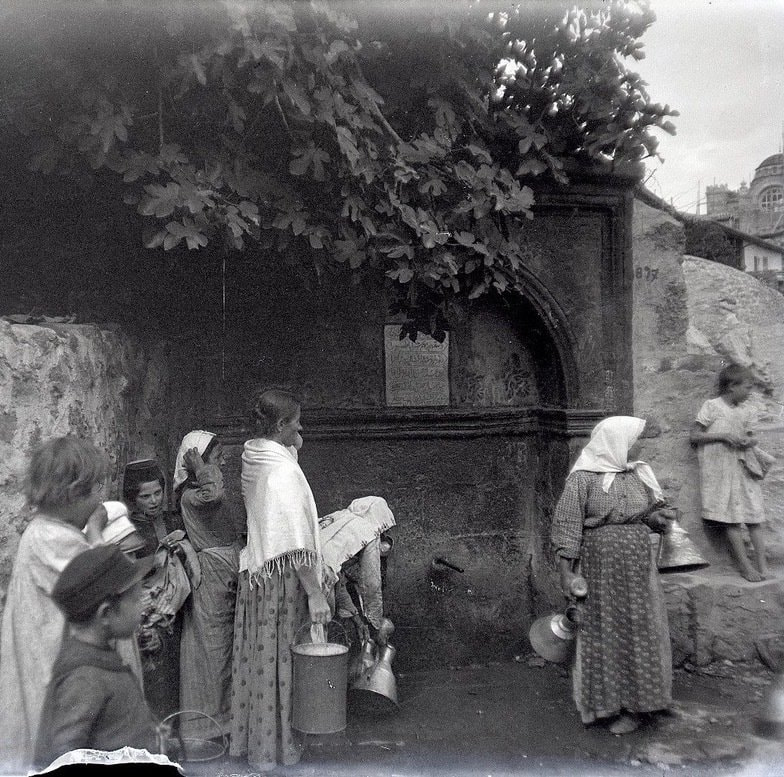In Islam, Muhammad’s paradise is a land of gardens, the soil of which is nourished by water that flows between green banks covered in flowers. Crimean Tatars were known for their agricultural and horticultural traditions. They were also Muslims, and Islam teaches us that water must be conserved and never overused, even if one lives by a river. According to the Quran, the development of the environment is sufficient reason for the ownership of land.
My project is studies water and its decolonization in the Crimean peninsula. Crimean Tatars built a vast network of canals and aqueducts for drinking and irrigation purposes, which even spread into the mountainous areas. Perhaps this system was built on principles similar to ancient Islamic irrigation systems. The small rivers of Crimea, such as the Salgir, the Bulganak, and the Karasu, could not provide sufficient fresh water to the peninsula, which is surrounded by sea. Careful usage of this natural resource became a tradition for Tatars. For centuries they created architectural forms that protected it from pollution: during the Crimean Khanate every city on the peninsula had numerous fountains. After the forced relocation of the indigenous population on the night of May 18, 1944, as ordered by Stalin, many canals and streams dried up, the rivers became shallow, and knowledge of how to maintain the streams and gardens in dry areas was lost.
Crimean Tatars were only able to return to the peninsula in the 1990s. The new settlers had no idea how to use the clay pipes, grooves, and trenches left in the Crimean earth. The colonizers were used to finding water the way they had on the continent, by drilling wells and boreholes, ignoring the fact that the peninsula was surrounded by salt water. As a result, extremely dry, “naked” areas appeared in Crimea. Today, the issue of water on the peninsula is even more urgent. In the second half of the twentieth century, 85% of fresh water was supplied to Crimea from the Dnieper River via the North Crimean Canal. In 2014 the supply was cut off, when Ukraine closed the canal in response to Crimea joining Russia.
I have begun to find evidence in myths and legends that points to a sacred and mystical relationship with water among many peoples of the world, regardless of how much water was available in the area they inhabited. This in dramatic opposition to our utilitarian and consumerist attitude to water in the contemporary world. It will be interesting to assemble into a single puzzle the shattered pieces of the ancient knowledge that once helped people produce blossoming gardens in the driest of steppes.


